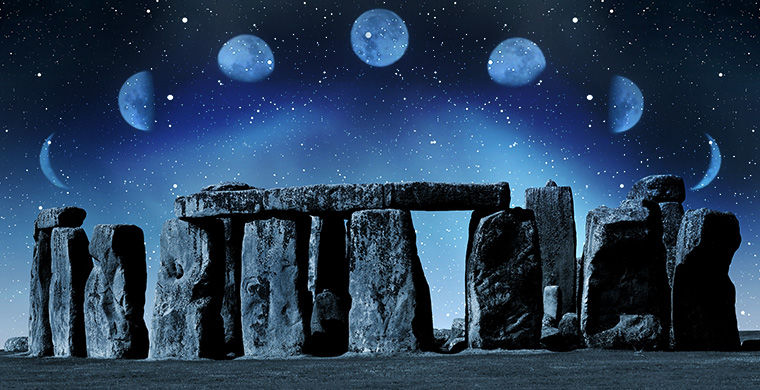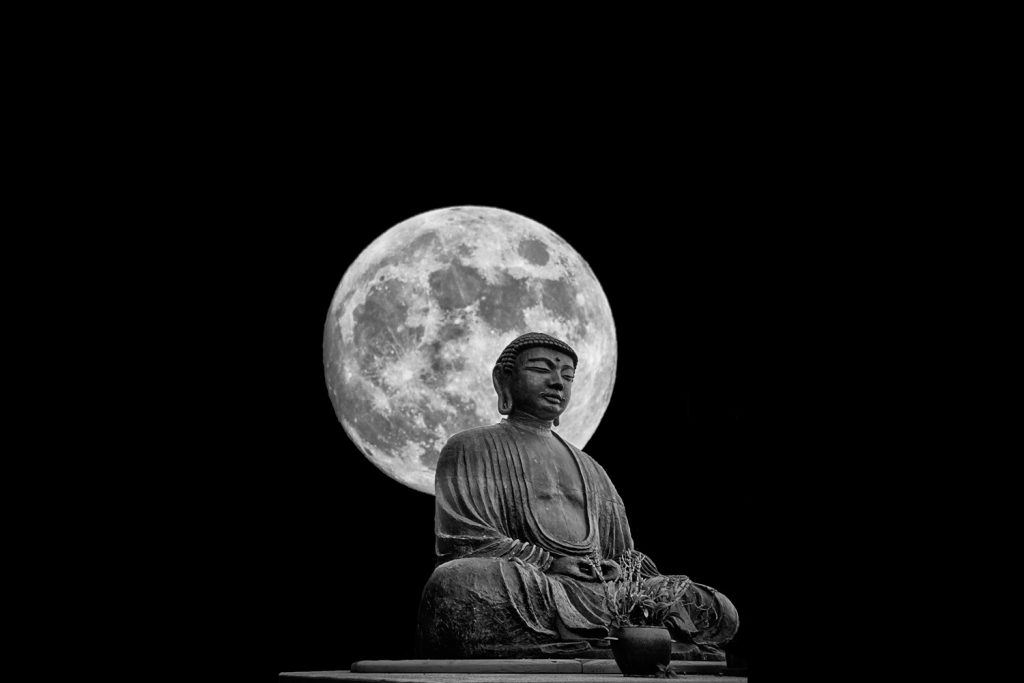Full Moon calendar is the oldest of the calendars. It was born so long ago that it’s impossible to know the exact place and time of its birth.
The idea of calculating time based on the Moon cycle at the same time came to the heads of people in different parts of the world. The phase change of the Earth’s satellite is easy to observe with the naked eye. The Moon’s movement is cyclical, therefore creating a calendar on its basis is a logical decision.
Full Moon Calendar – Creation History
Historians suggest that Sumerians could create the first full moon calendar in Mesopotamia, around the 4th millennium BC. Excavations indicate that approximately 500,000 years ago, residents of the coast of Malaysia and Siberia also used the moon (lunar) calendar. In addition, the inhabitants of ancient China lived according to the moon calendar, people in India honored it too.
Some cultures brought the tradition of lunar time count to the present day. So, the Islamic moon calendar remained official until 2016! The days in this calendar began from the moment of sunset, and the month – from the day when the Moon can be seen for the first time in the sky after the new moon.
The Buddhist full moon calendar is still relevant in Thailand, Cambodia, Sri Lanka. Interestingly, all the great Buddhist holidays take place on the full moon. New moon and days at the junction of the phases are also celebrated, marking them with Buddha figures in the calendar.
It is interesting that the usual solar calendar came into use only 500 years ago. At the same time, full moon calendar left its mark on it. For example, 7 days in a week is the interval between changes of the Moon phases.

Full Moon Calendar – Centuries Wisdom
So, many nations for thousands of years created the full moon calendar, putting into it all their wisdom and experience. Our ancestors saw the connection between the moon phase and plant growth, animal behavior, and human health.
They noticed that the Moon controls the ebb and flow of liquids, the growth rate of plants, hair, and nails, the emotional state and behavior of people. Applying this knowledge in life, they have achieved a certain harmony, which we, unfortunately, lost in modern vanity.
To the wisdom of the ancestors did not sink into oblivion, take a look at our full moon calendar. We have collected all the necessary information about the Moon state and its impact on human life in it.
